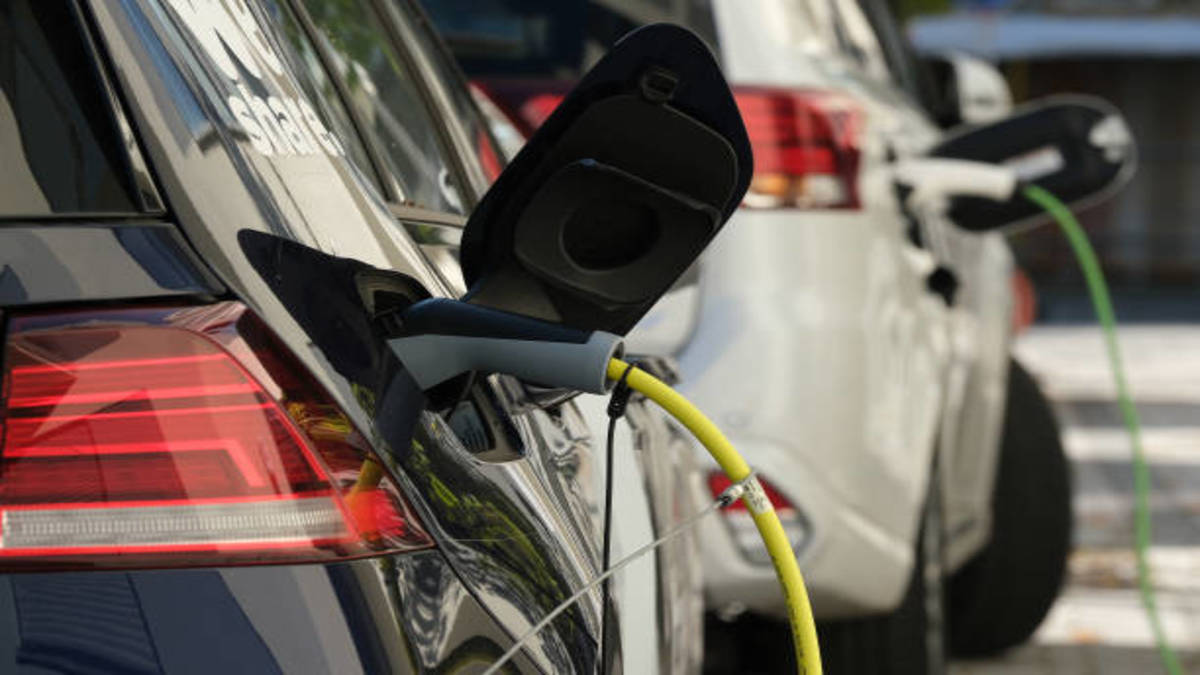Green Energy: BHP reckons it can make enough nickel sulphate to supply 700,000 batteries for EVs

BHP expects demand for nickel in batteries to increase by 500 per cent in the next decade. Pic: Via Getty Images
BHP’s Nickel West sulphate plant could start producing enough nickel sulphate to make 700,000 batteries for electric vehicles after producing the first nickel sulphate crystals at the company’s Kwinana refinery.
As WA’s largest nickel producer, Nickel West plays an important role in WA Premier Mark McGowan’s goal of becoming a world leader in future battery minerals with more than 85 per cent of BHP’s current production sold to the future-battery supply chain.
An Australian first, the facility will produce 100,000 tonnes of nickel sulphate per year when fully operational at 99.999 per cent purity.
WA is currently the world’s fourth largest nickel producer, with more than $3.3 billion accumulated in sales in 2020.
Demand for nickel to increase by 500pc
BHP Nickel West asset president, Jessica Farrell expects demand for nickel in batteries to “increase by 500 per cent in the next decade”.
“The plant will create 80 new direct jobs and support 400 new indirect jobs, in addition to the 200 construction jobs that were created during the construction phase.
“Our investment to upgrade the refinery to produce high purity nickel sulphate, along with nickel powder and briquettes, will enhance Nickel West’s position as a supplier of choice for the growing global electric battery market.”
WA’s future battery industry
The company’s nickel operations include Mt Keith, Cliffs and Leinster, with concentrators at Mt Keith, Leinster and Kambalda, and a smelter in Kalgoorlie as well as the Kwinana refinery.
Mines and Petroleum Minister Bill Johnston said BHP Nickel West’s nickel sulphate plant is a significant achievement for Western Australia and bolsters the McGowan government’s efforts to continue diversifying the local industry towards the next step of the battery value chain.
“Through the WA Recovery Plan, we have committed $13.2 million to facilitate a global precursor cathode manufacturer to build a facility in WA.
“WA is the only State to have a clear strategy supporting the development of a world-leading future battery industry that will create jobs and benefit regional communities.”
Reducing emissions from electricity use
In its focus to minimise environmental impacts, 50 per cent of the Kwinana refinery’s electricity needs will be powered by solar.
Back in February, BHP signed a renewable power purchasing agreement (PPA) from Merredin Solar Farm – the largest in Western Australia – to help the mining giant reduce emissions from electricity use by up to 50 per cent by 2024, based on FY2020 levels.
The agreement with Risen Energy is for 10 years from February 1, 2021 and will effectively displace an estimated 364,000 tonnes of CO2 over the life of the contract.
This is the equivalent of removing 11,200 combustion engine cars from WA’s roads every year.
Marking the first renewable energy PPA signed by BHP in Western Australia, it follows renewable agreements covering BHP’s operations in Queensland in 2020 and in Chile in 2019.
Related Topics
UNLOCK INSIGHTS
Discover the untold stories of emerging ASX stocks.
Daily news and expert analysis, it's free to subscribe.
By proceeding, you confirm you understand that we handle personal information in accordance with our Privacy Policy.








